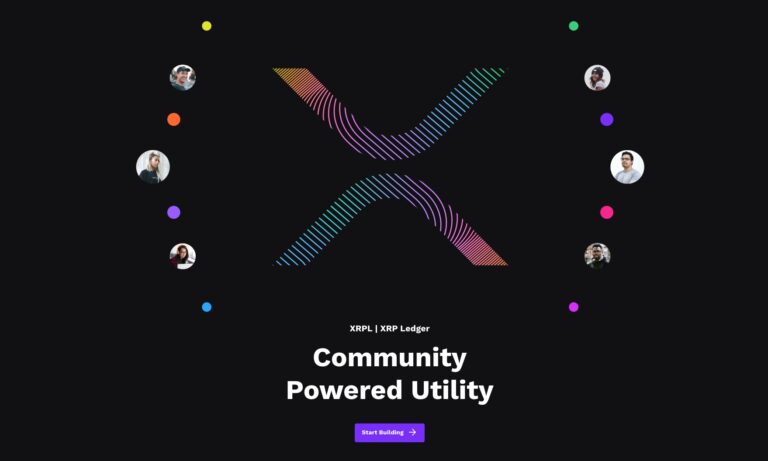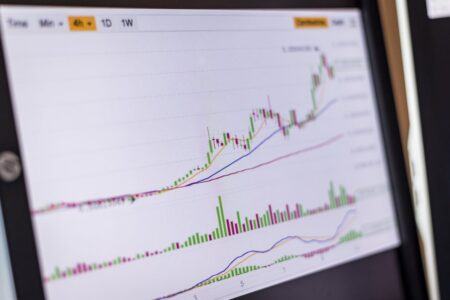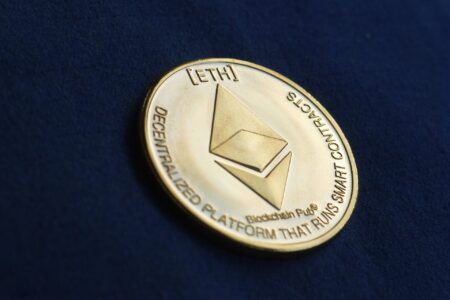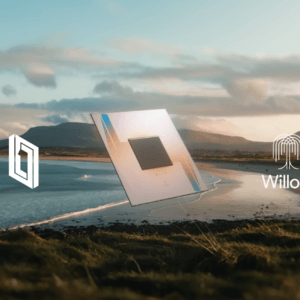On 18 December 2023, Bitcoin educator Rajat Soni shared his thoughts about XRP on social media platform X, contrasting it with Bitcoin. His thread included the following points:
- Labeling XRP as a Scam: Soni started by calling XRP a scam and asserted that banks would prefer USD or Bitcoin over XRP.
- Centralization Issues: He pointed out XRP’s lack of decentralization, attributing it to Ripple Labs’ development role and suggesting banks’ reluctance due to potential exploitation.
- XRP Supply Concerns: Soni noted that 80% of XRP’s supply was initially allocated to Ripple Labs, and executives are selling XRP to fund the company.
- Ripple’s Control Over XRP: He raised concerns about Ripple’s ability to modify XRP’s code, including issuing more XRP, without external checks.
- Impact of Legal Actions: Soni commented on XRP’s vulnerability to legal actions, like the lawsuit against Ripple Labs, which significantly affected its value.
- Bitcoin’s Decentralized Nature: Contrasting XRP with Bitcoin, Soni highlighted Bitcoin’s decentralized nature, where anyone can run the software or propose changes.
- Potential Ban Impacts on XRP: He speculated that a U.S. ban on XRP might reduce its value to zero, as its current value is based on the expectation of future bank usage.
- Bitcoin’s Resilience to Bans: Soni argued that a ban on Bitcoin could increase its value due to scarcity and difficulty in purchasing.
- Bitcoin’s Premium in Restricted Markets: He suggested that Bitcoin would sell at a premium if exchanges were banned, making it more difficult to buy.
- Encouragement to Study Bitcoin: Soni urged his audience to study Bitcoin, implying its advantages over XRP.
In response, Panos Mekras, a well-known blockchain consultant and financial technology expert, strongly rebutted Soni’s claims. Mekras criticized Soni for his lack of basic research despite his credentials and experience in the financial industry. He urged Soni to educate himself, providing a link to the XRP Ledger website for accurate information.
On 14 December 2023, Mekras explained why he is long on XRP. Mekras provided a detailed defense of XRP, emphasizing several aspects of the cryptocurrency and its underlying technology, all attributed to his perspective.
He stressed XRP’s efficiency as a decentralized and deflationary currency, integral to the XRP Ledger (XRPL), which Mekras praised for its over ten years of operation. He described the XRPL as the original decentralized finance (DeFi) chain, highlighting its introduction of innovative features like the first decentralized exchange (DEX), stablecoins, asset tokenization, and blockchain tokens. Mekras also noted the ledger’s lack of smart contract risks.
Mekras further emphasized the legal clarity XRP received in the United States, particularly following Judge Torres’s ruling on 13 July 2023, which declared XRP not a security. According to Mekras, this decision opens the door for increased use and development on the XRPL without regulatory concerns, potentially boosting demand for the coin and the network.
He also pointed out the disparity between XRP’s current market capitalization and its perceived potential. Mekras suggested that recent developments and future prospects are not fully reflected in its current valuation.
Regarding the XRPL ecosystem’s evolution and innovation, Mekras was particularly enthusiastic. He noted that the ledger initially focused on payments, is evolving into a platform supporting various features such as NFTs, Hooks, Automated Market Makers (AMM), EVM sidechain compatibility, Decentralized Identifiers (DIDs), and more. Mekras believes these developments position the XRPL as a leader in blockchain innovation.
Mekras also highlighted the rapid growth of projects building on the XRPL. He mentioned that hundreds of projects are currently developing on the XRPL, introducing new use cases and ideas that increase network activity and demand for XRP. He anticipates even more growth following the launch of these innovations, attracting additional developers and contributors to the ecosystem.
Addressing a query about fees generated by the XRPL, Mekras clarified that the XRPL doesn’t generate fees or revenue in the conventional sense, as all transaction fees are burned. He pointed out that the network’s ultra-low fees make it unsuitable as a metric for comparing activity with other networks. However, Mekras directed attention to resources like Messari.io and xrpscan.com for more detailed metrics on network activity.
Finally, Mekras downplayed Ripple’s significance in the XRP ecosystem. He emphasized XRP’s independence, stating that the cryptocurrency existed before Ripple and would continue independently. Mekras acknowledged Ripple’s large holding of XRP but viewed it as increasingly irrelevant against the backdrop of the growing ecosystem and contributions from other parties.









